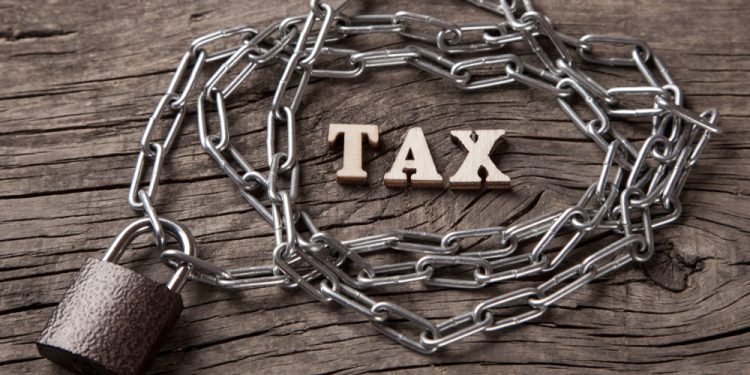A U-turn by HM Revenue & Customs (HMRC) on the treatment of group income protection (GIP) scheme contributions made through salary sacrifice means benefits paid out to some claimants will become fully taxable.
Employers have until the end of the year to amend their processes around GIP policies and may need to consult their local tax inspector to comply with an update from HMRC, employee benefits consultancy Broadstone has warned.
Guidance issued in October 2019 removed the risk of double taxation on income benefits received from GIP policies that had been funded by employee salary sacrifice under Optional Remuneration Arrangements (OpRA).
However, the December update of HMRC’s Employment Income Manual overturns that previous guidance, saying it was “incorrect” and that such benefits payments are taxable.
The correct position has now been included in Insurance Policyholder Taxation Manual – IPTM6120.
However, HMRC did acknowledge that it may have been relied on by specific groups and that in many cases it will ‘not seek to revisit the tax treatment where customers have relied on the previous guidance’.
Brett Hill, head of health and protection at Broadstone, warned that employers have until 31 December 2023 to amend their processes, where relevant, to reflect HMRC’s current view.
“This should allow time for internal systems, communications, and benefits platforms to be updated, but employers will need to be aware of this change,” he added.
Broadstone warned that the latest position from HMRC allows for employees that are already claiming before 31 December 2023 to continue to be taxed as they currently are, but a view from the local inspector of taxes may be required.
“HMRC has confirmed that they will treat any associated sickness or disability pay received through a GIP scheme as taxable employment income with the usual payroll deductions – on both the employer and employee paid elements,” the consultant said.
“But there are practical exceptions to this where employers and employees placed reliance on HMRC’s earlier position on double taxation and will support employers with further guidance on this,” it added.
Hill concluded: “The shock of Covid and the subsequent crisis in the NHS means that employees are now looking for sickness support from their employers more than ever, as such GIP cover is often used as an important employee retention tool.”






